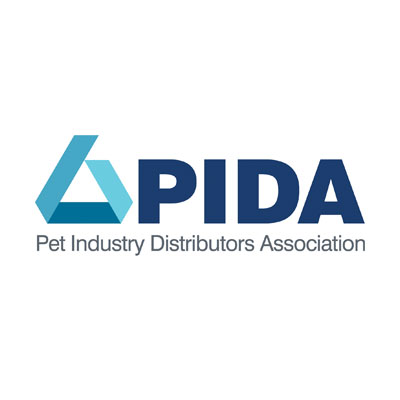Washington, D.C. (July 16, 2019) — The Human Animal Bond Research Institute (HABRI) announced today that LifeLearn Animal Health has become an official supporter of HABRI and its research on the mutually beneficial health benefits of companion animals.
“LifeLearn is proud to become a HABRI supporter,” said Randy Valpy, President and CEO of LifeLearn. “The bond between people and their pets has been shown to influence the care that pet owners provide for their pets. So, supporting HABRI aligns with LifeLearn’s core commitment to advance animal health and education worldwide.”
“LifeLearn is a leader in delivering innovative, trusted, and expert-vetted education resources for both veterinary teams and pet owners, which is what makes them such a good fit for a HABRI partnership,” said Steven Feldman, HABRI Executive Director. “LifeLearn can spread the word to key audiences about the strong connection between human and animal health.”
HABRI research shows that when pet owners are educated about scientific research on the health benefits of pets, 92% say they are more likely to maintain their pet’s health, including keeping up with vaccines and preventative medicine. Additionally, 88% of pet owners are more likely to provide their pet with quality nutrition and 66% are less likely to skip visits to the veterinarian’s office when educated on the science behind the health benefits of pet ownership.
“By creating education platforms that make it easier for people to communicate within the animal health profession, LifeLearn is making an important contribution towards strengthening bonds and improving lives on both ends of the leash,” Feldman added.
About LifeLearn Animal Health
Celebrating 25 years of continuing innovation and excellence, LifeLearn Inc. provides education and communications products and services to the veterinary profession, animal health organizations, and pet service businesses. LifeLearn’s award-winning competencies in digital media, combined with longstanding veterinary content expertise, have delivered sophisticated offerings to veterinarians to optimize their practices, including: WebDVM, custom veterinary websites; ClientEd; client education resource; and Sofie, the advanced veterinary medical search tool. And for 20 years, animal health corporations have relied on LifeLearn to provide veterinary-focussed education, digital marketing, and meetings agency services to optimize their businesses. LifeLearn was named one of Canada’s fastest-growing companies from 2015 to 2017 by PROFIT 500 and GROWTH 500 in 2018. For more information about LifeLearn, please visit www.lifelearn.com.
About the Human Animal Bond Research Institute (HABRI)
HABRI is a not-for-profit organization that maintains the world’s largest online library of human-animal bond research and information; funds innovative research projects to scientifically document the health benefits of companion animals; and informs the public about human-animal bond research and the beneficial role of companion animals in society. For more information about the HABRI Foundation, please visit www.habri.org.
###
Contact
Jamie Baxter
jamie@theimpetusagency.com
775.322.4022
###





